A brief description about this Activity.
It is often a challenge to address co-occurring substance use and mental disorders in the same treatment setting. The challenge begins with the assessment process. Assessment and treatment for co-occurring substance use problems, mental illnesses, personality disorders, and medical issues must be considered the rule of practice, not the exception. An estimated 10.7 million Americans of all ages have co-occurring disorders in any given year. They are likely to be hospitalized twenty times more often than persons with only substance use diagnoses, and five times more than those with mental diagnoses alone. Persons with these disorders also experience a high rate of medical problems, leading many to present in primary care settings. Disorders may go undiagnosed and untreated if proper assessment and symptom identification is not conducted by trained substance use, mental health, or medical professionals. Dr. Patterson will provide participants with the latest information and evidenced-based approaches for treating co-occurring substance use and mental disorders. The advantages and steps of integrated assessment, including a “no wrong door” approach, will be explored. Participants will gain techniques to identify presenting issues that may indicate a co-occurring or differential diagnosis, including medical issues and personality disorders. Treatment modalities and evidence-based strategies for use in daily practice will be presented, including assessment challenges that may lead to misdiagnosis. Insight into when referral is most appropriate will be discussed, along with the ethical implications of practice situations that challenge a clinician’s scope of training. Participants will leave this seminar with tips and tools that will guide clients in preventing relapse and successfully managing recovery from co-occurring disorders.
Learn more about this Activity.
No Website has been provided for this Activity.
The Provider for this Activity.
